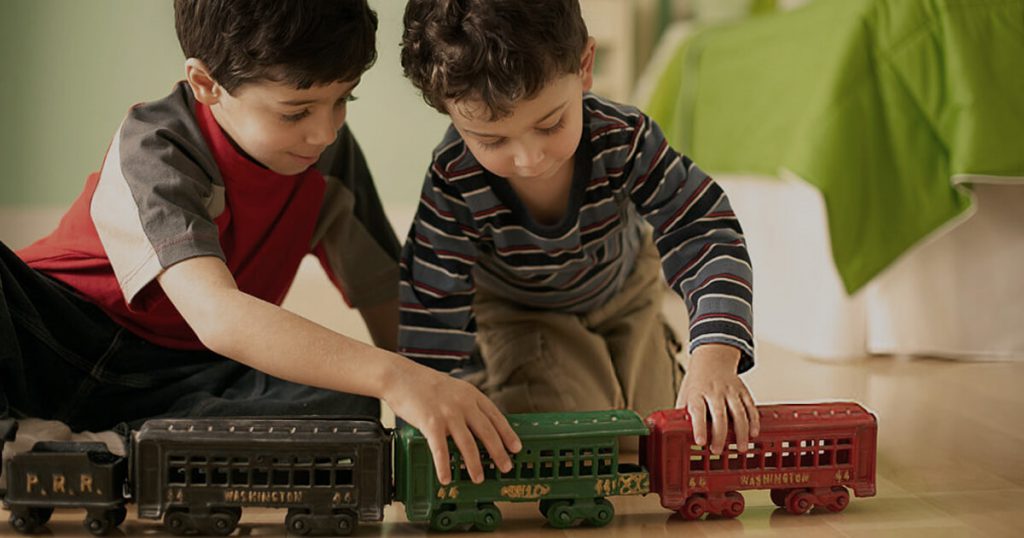Developing Your Child’s Emotional Intelligence

Emotional intelligence is an important aspect of your child’s development. It represents his ability to detect, decipher, and control emotions both in himself and others in positive ways. Good emotional intelligence helps with conflict resolution, teamwork, and social well being.
It can be difficult for your child at first to see why he should share his toy with others, or care about whether his friend cries, but you can be there to guide him.
Here are some ways you can help develop his emotional intellect.
Empathise with him
If he is surrounded by people who genuinely seek to understand and share with him, he will develop the same trait.
Ask him to share
You can ask your toddler if he is willing to share his toy in a turn-taking way. Let him decide how long he is willing to lend his toy for. If he agrees, reinforce this positive behaviour with praise. Forcing him to share will backfire, as he will associate sharing with negativity.
Teach him about consequence
Everything in life has consequences. Have him make an active choice by giving him options. As the events occur, remind him he has made a decision that has generated that outcome. This way, he will be more mindful of his actions.
Resolve conflicts step-by-step
Conflicts are part and parcel of our life, but your child may not be equipped to deal with it yet. Help him by providing simple step-by-step conflict resolution plans.
Talk him through his feelings
If he is upset about something, asking him why can help him discover why he feels that way, the root cause, and also how he can deal with the emotion or situation. As he learns to express himself verbally he will also reduce the necessity to express it physically.




